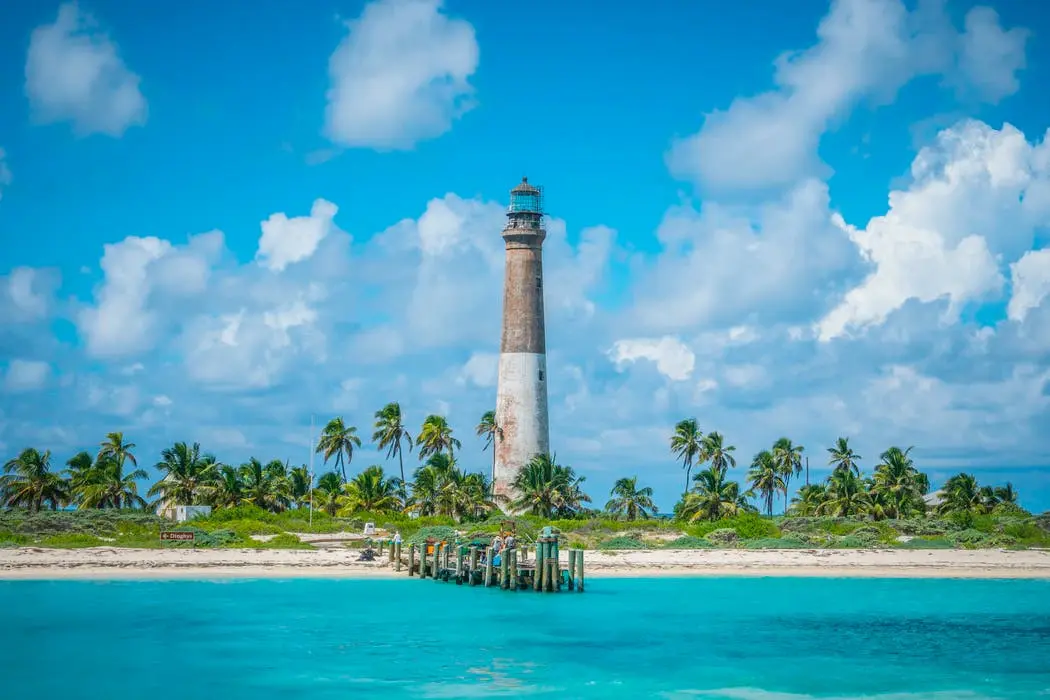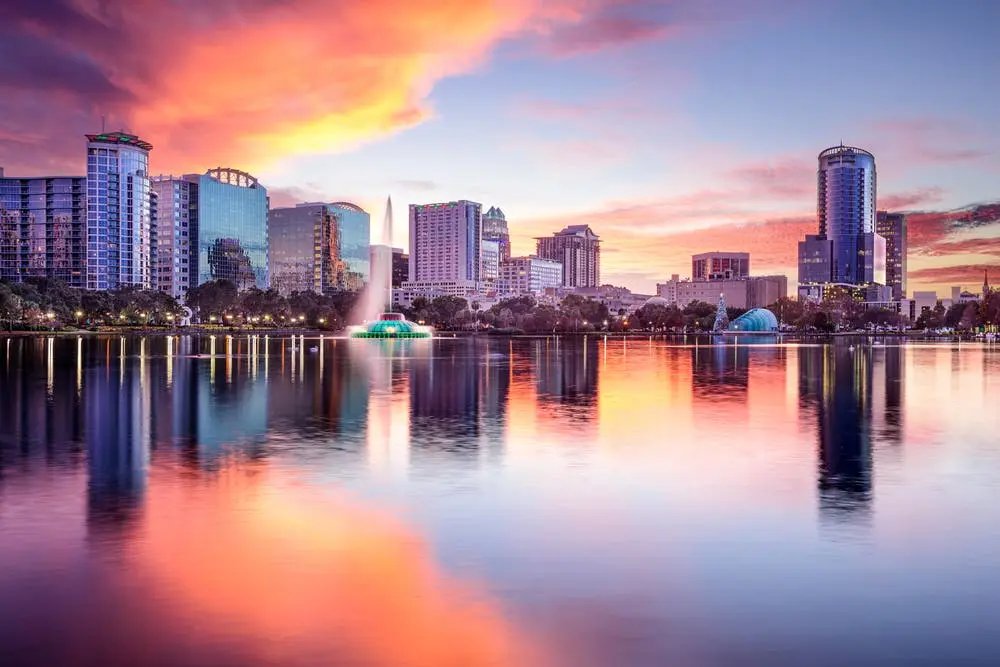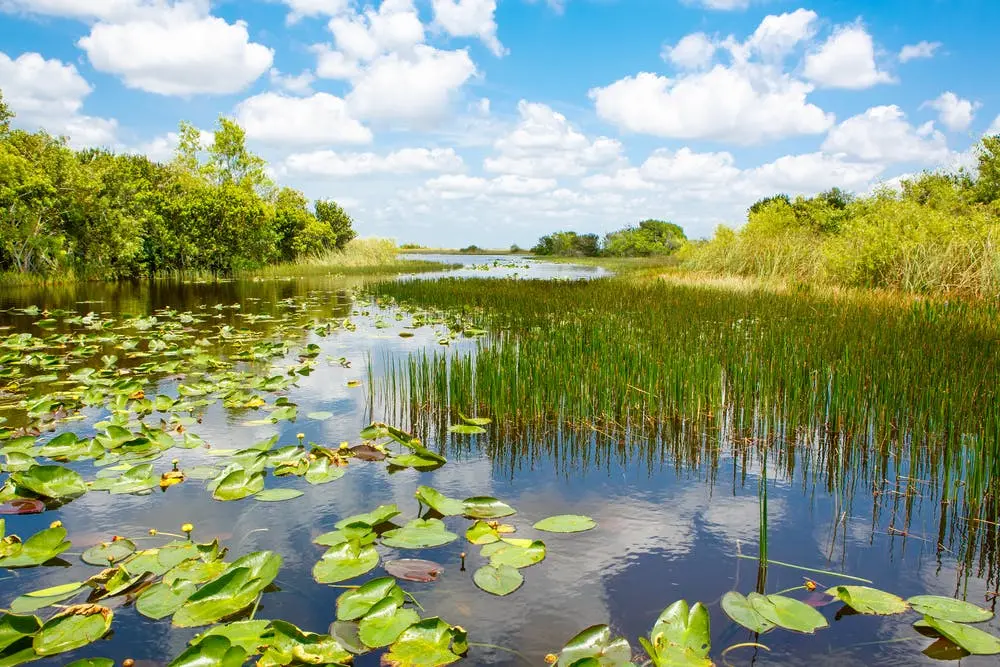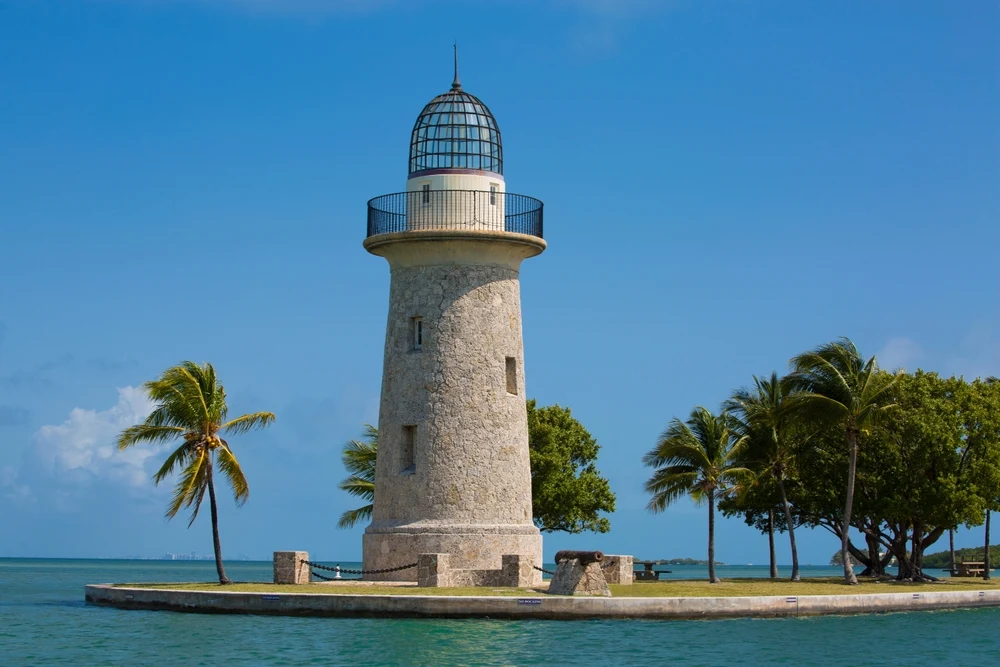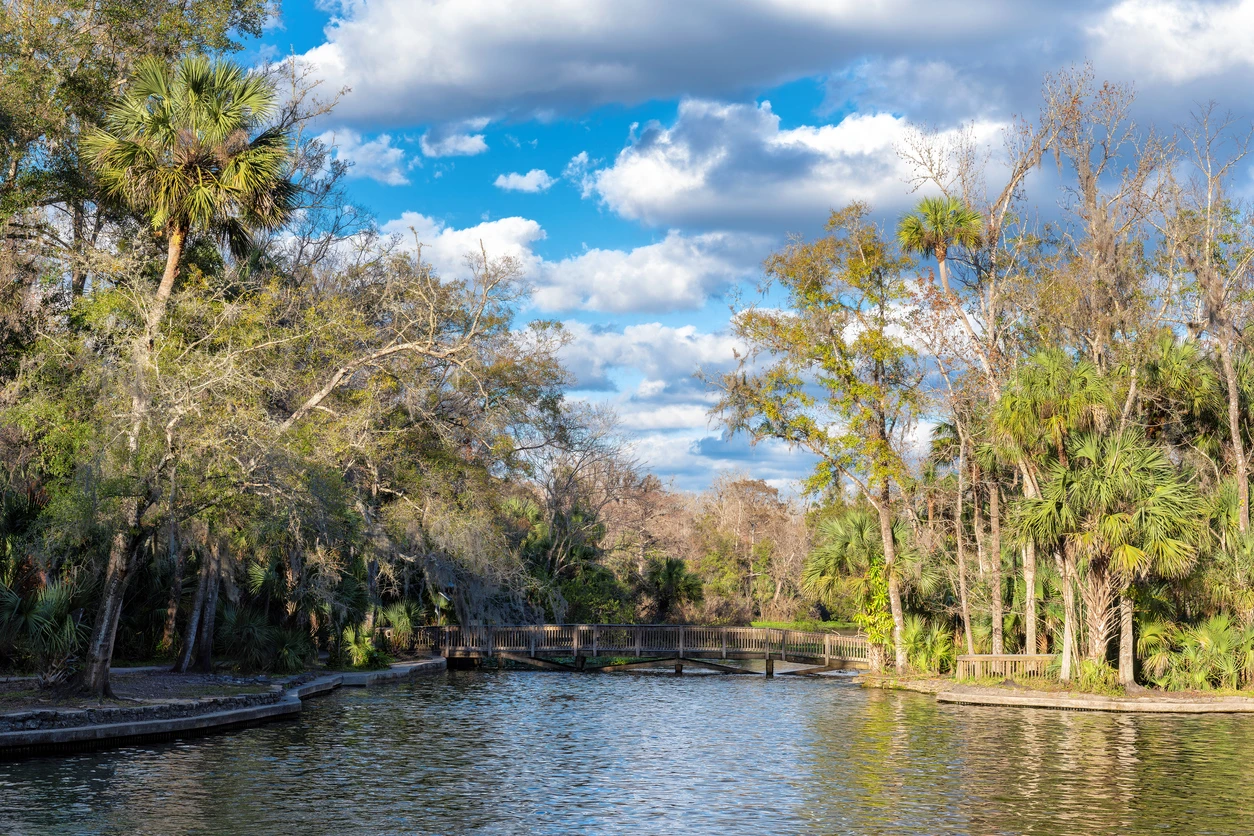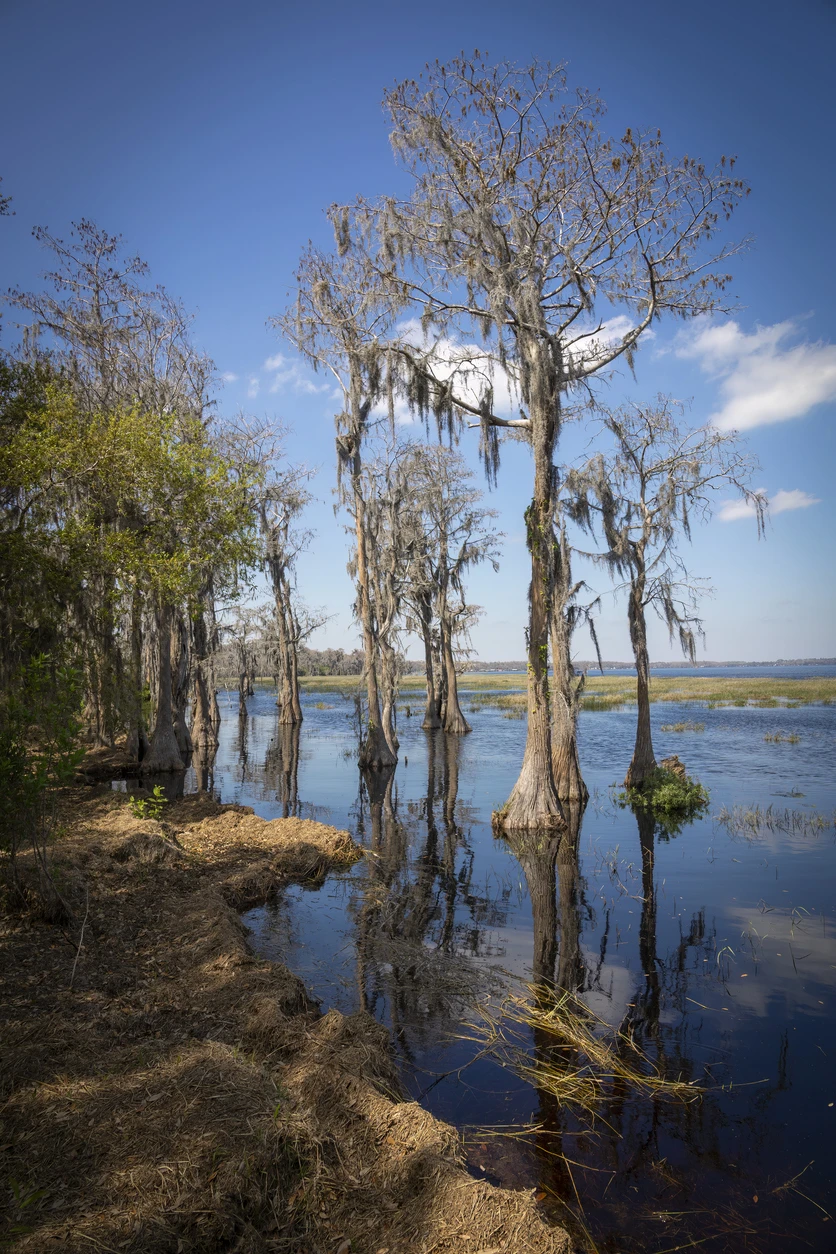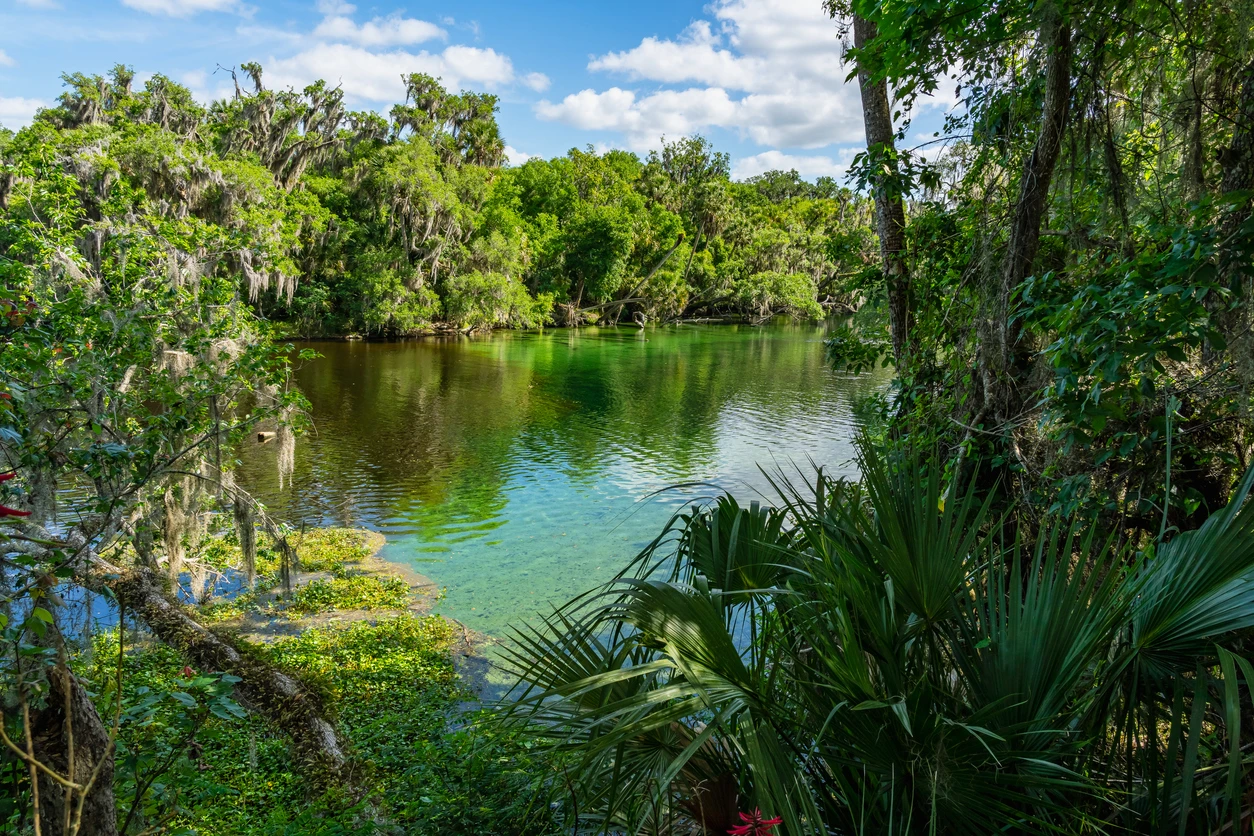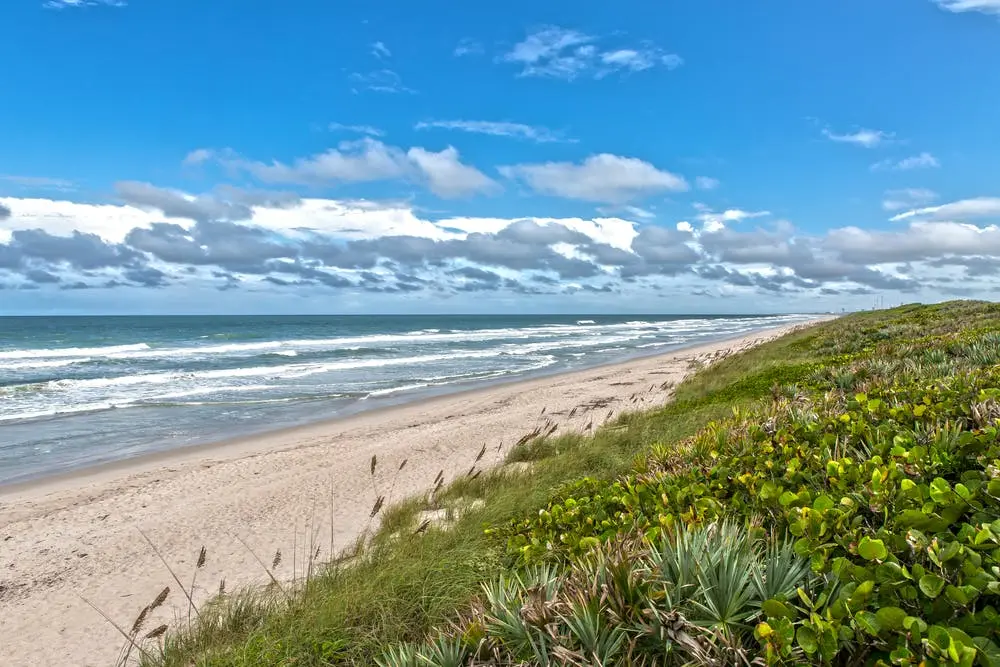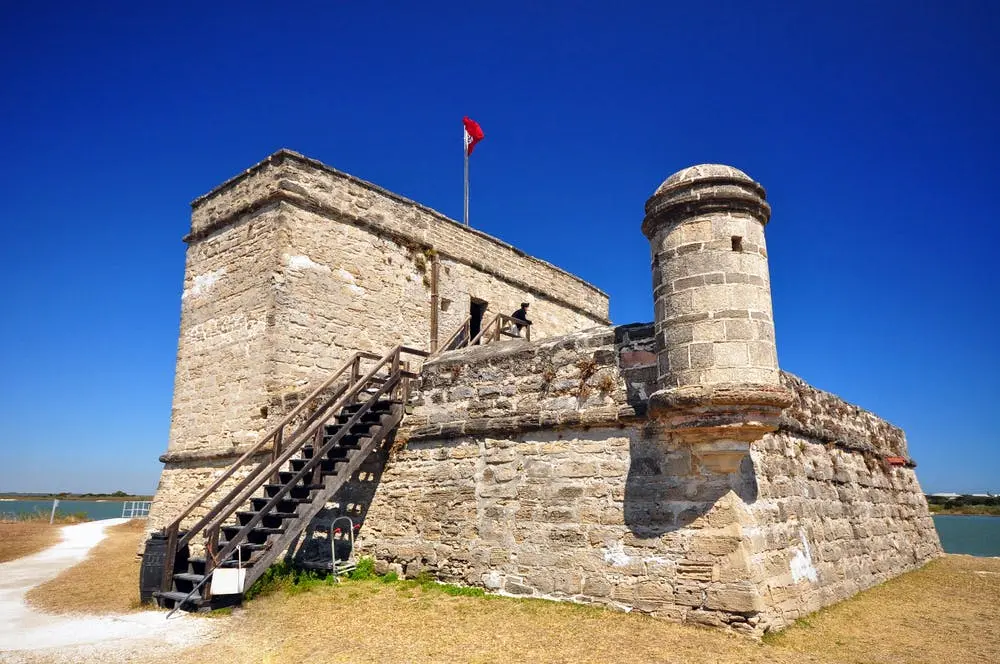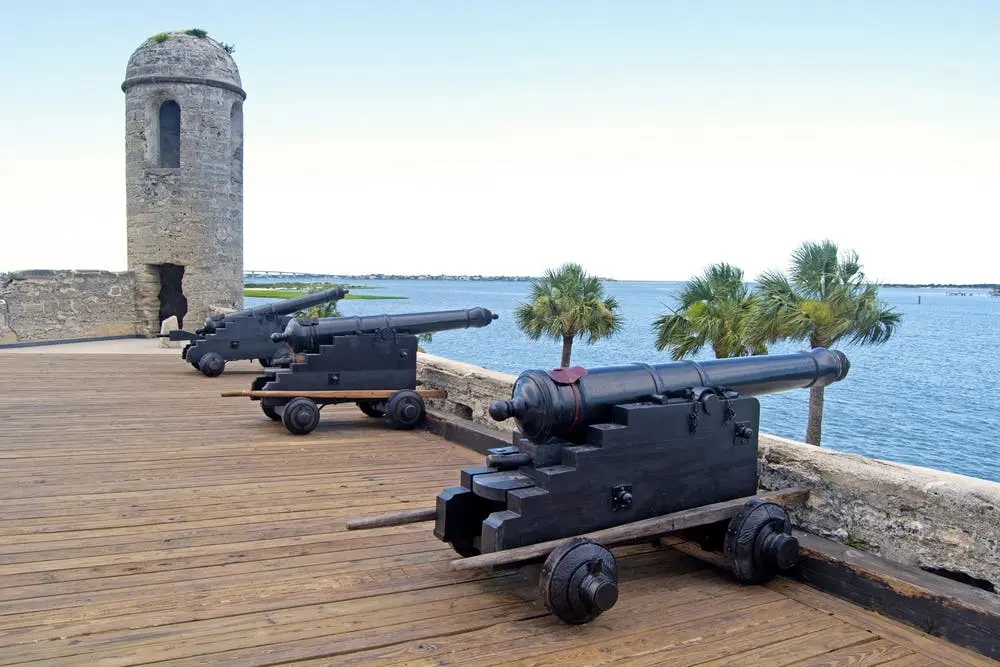RV Rental Apopka, FL
RV Rentals Near Apopka, FL
Top Motorhome RV Rentals
Budget Friendly RV Rentals in Apopka, FL
Top Travel Trailer RV Rentals
Pet Friendly RV Rentals in Apopka, FL
Longer Term RV Rentals in Apopka, FL



Explore Apopka, Florida in an RVshare RV Rental
Apopka, Florida is a city with a rich history. The name "Apopka" comes from the Seminole Indian word "Ahapopka," which means "Potato Eating Place." It was first settled by the Seminole Indians who established several large villages in the area. In 1821, the United States acquired Florida from Spain, and Apopka became part of the new territory. In 1834, the Seminole Indians were forcibly removed from their homes and relocated to Oklahoma to make room for more white settlements. The first settlers were primarily farmers and ranchers. By the mid-20th century, Apopka had become one of the largest citrus-producing areas in the world.
The first post office in Apopka was established in 1869, and the city was incorporated in 1882. Also in 1882, the Florida Midland Railroad built a line through Apopka, boosting the local economy. The city continued to grow throughout the 20th century and is home to over 55,000 people today.
Visit the Museum of the Apopkans to learn more about the city's history. The museum is located in an old Victorian-style house and features exhibits on the Seminole Indians, early settlers, and the citrus industry. Held annually in April, the Apopka Art & Foliage Festival features arts and crafts, live music, and a parade. Beef 'O' Brady's restaurant will please any sports fan. The restaurant has a casual atmosphere and serves up American comfort food. For Mexican cuisine, Tijuana Flats is an excellent option.
Events Near Apopka, Florida
FusionFest Multicultural Festival - Enjoy a day of music, food, and entertainment at this upcoming festival in Orlando every November.
Casselberry Food & Wine Festival - Every November, this festival features over 50 wines, live music, and a variety of food trucks near Apopka.
Longwood Arts & Crafts Festival - This annual festival features over 150 artists and crafters, live music, and food in Longwood every November.
Road Trips Starting from Apopka, FL
Best National Parks Near Apopka, FL
Everglades National Park is 217 miles from Apopka and is the closest national park to the city. The park is home to various plants and animals, including alligators, crocodiles, Florida panthers, and manatees. Mahogany Hammock Trail is a short, 0.9-mile trail that takes you through a mahogany forest. For a longer hike, try the 9.2-mile Bear Lake Trail. Canoeing and kayaking are popular activities in the park.
Visit Biscayne National Park, located 283 miles from Apopka. It offers unparalleled opportunities to enjoy the outdoors. The park comprises four distinct ecosystems: a mangrove forest, Florida Bay, coral reefs, and critical land. Its proximity to the ocean makes it a great place to see wildlife like dolphins, turtles, and manatees. There are plenty of activities to keep you busy such as snorkeling, scuba diving, fishing, and kayaking.
Dry Tortugas National Park is 410 miles from Apopka and can be accessed by boat or seaplane. The park comprises seven small islands and is home to various plant and animal life. Fort Jefferson, a 19th-century fort, is the largest brick structure in the Americas and is a popular spot for visitors. If you love scuba diving, the park's clear waters offer excellent visibility and a chance to see shipwrecks. Fishing is permitted in the park, and anglers can expect to catch tarpon, snapper, and groupers.
Popular State Parks Near Apopka, FL
Visit Wekiwa Springs State Park, one of the oldest state parks in Florida and just seven miles away from Apopka. With 13 miles of hiking trails, hikers of all skill levels can find a trail to suit their needs. You will discover a variety of plant and animal life, including alligators, turtles, and otters. Take the time to go swimming, canoeing, or kayaking in the spring-fed waters of Wekiwa Springs.
Lake Louisa State Park, 27 miles from Apopka, is a perfect spot for hiking, picnicking, and wildlife watching. The park has over 20 miles of trails that wind through forests of oak, palm, and pine. You might see deer, turtles, or alligators while exploring the park.
If you drive 48 minutes northeast of Apopka, you can explore the delightful Blue Spring State Park. Manatees congregate in the spring waters, which remain at 72 degrees Fahrenheit year-round. Take a dip in the refreshing waters, or go tubing down the St. Johns River. Hiking, camping, canoeing, and kayaking are also some of the activities you can experience in the park.
Must-see Monuments and Landmarks Near Apopka, FL
Visit Canaveral National Seashore for a day of fun in the sun. The seashore comprises 24 miles of undeveloped beaches and is a great place to relax. Hike along the Black Point Wildlife Drive to see alligators, manatees, and birds.
Learn some history at Fort Matanzas National Monument, a Spanish fort built in 1742 to protect St. Augustine from attack. The fort is located on an island and can only be accessed by ferry. Once you're at the fort, take a ranger-led tour to learn about its history and architecture.
Castillo de San Marcos National Monument will give you a glimpse into the past with its 17th-century Spanish fort. The fort originally served as a defense against pirates and invaders and has been well-preserved. It is a popular spot for picnicking, swimming, and fishing.
RVshare’s Top Picks for Nearby RV Parks & Campgrounds
Moss Park in Orlando is one of the best RV parks near Apopka. It features showers and a dump station. Sunshine Village in Webster has a climate-controlled outdoor pool and handicap-accessible showers. You will also love Twelve Oaks RV Resort's sites with full hookups. Twelve Oaks RV Resort is located nearby in Sanford and is also an excellent option.
RV Rentals Near Apopka, FL
Frequently Asked Questions About Renting an RV Near Apopka, FL
How much does it cost to rent an RV in Apopka?Motorhomes are divided into Class A, B, and C vehicles. On average expect to pay $185 per night for Class A, $149 per night for Class B and $179 per night for Class C. Towable RVs include 5th Wheel, Travel Trailers, Popups, and Toy Hauler. On average, in Apopka, FL, the 5th Wheel trailer starts at $70 per night. Pricing for the Travel Trailer begins at $60 per night, and the Popup Trailer starts at $65 per night.
Do you need to be a certain age to rent an RV in Apopka?Yes. The minimum age is 25 to be eligible to get an RV Rental in Apopka from RVshare.
Does RVshare have emergency roadside assistance?Yes. Every RV rental booked through RVshare receives 24/7 emergency roadside assistance.
Does RVshare offer one way RV rentals in Apopka?Yes. Prior to renting any RV, check with the owner since not all will offer this particular option.




































































![2022 Thor Motor Coach Four Winds 30D [DREAM WAYS]](https://imagedelivery.net/eZKniD8IPo85-tfyHjsV4g/95f52282a6b189e7d74ea053a89a878f.jpeg/width=320,height=205,fit=cover,gravity=0.5x0.5,anim=false)


























